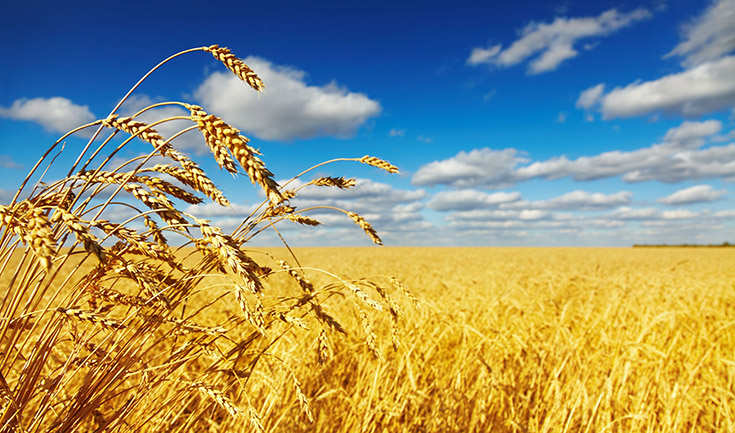Climate change risks global food shocks
The risk of extreme weather events causing global ‘food shocks’ is set to rise sharply unless we make our systems more resilient.
Thanks to climate change, by 2050 a-once-in-a-century crop failure linked to extreme weather could happen every 10 years, according to a report from the UK’s Global Food Security Programme.

The consequences of food shocks can trigger political instability (photo: Dmitry Pichugin / 123RF)
The report is based on past observations, interviews with experts and climate and crop computer models. It cannot put precise numbers on the risks because they will depend on the nature of extreme events and how we respond to them, but there is no doubt they are rising, says Tim Benton of the University of Leeds, UK, one of the authors of the report.
Crop yields are going to become ever more variable, the report concludes. In the best-case scenario, bad years might be balanced out by bumper ones – but only if there is a boost from the carbon dioxide fertilisation effect.
In the worst case, average yields will fall. This could happen if higher levels of ozone at ground level and increased problems with pests and diseases cancel out any boost from CO2.
There is little danger of wealthy people in the West going hungry because of food shocks, but they could be affected by political instability triggered by volatility in food prices in places like the Middle East and North Africa. In 2010, for instance, a heat wave reduced wheat production in Russia, leading to an export ban that sent food prices soaring and led to protests that helped spark the Arab Spring.
There are also pinch points in transport systems that could make any crisis worse if they were disrupted by extreme weather or instability. “A lot of food goes through the Suez canal, where activists were shooting rocket-propelled grenades at ships the other year,” says Rob Bailey of Chatham House, UK. Gulf countries are most vulnerable because they import so much food through these pinch points, but other countries face risks too.
The report recommends a series of measures to increase resilience to food shocks, from persuading governments not to impose export bans when a shock hits, to reducing biofuel production.